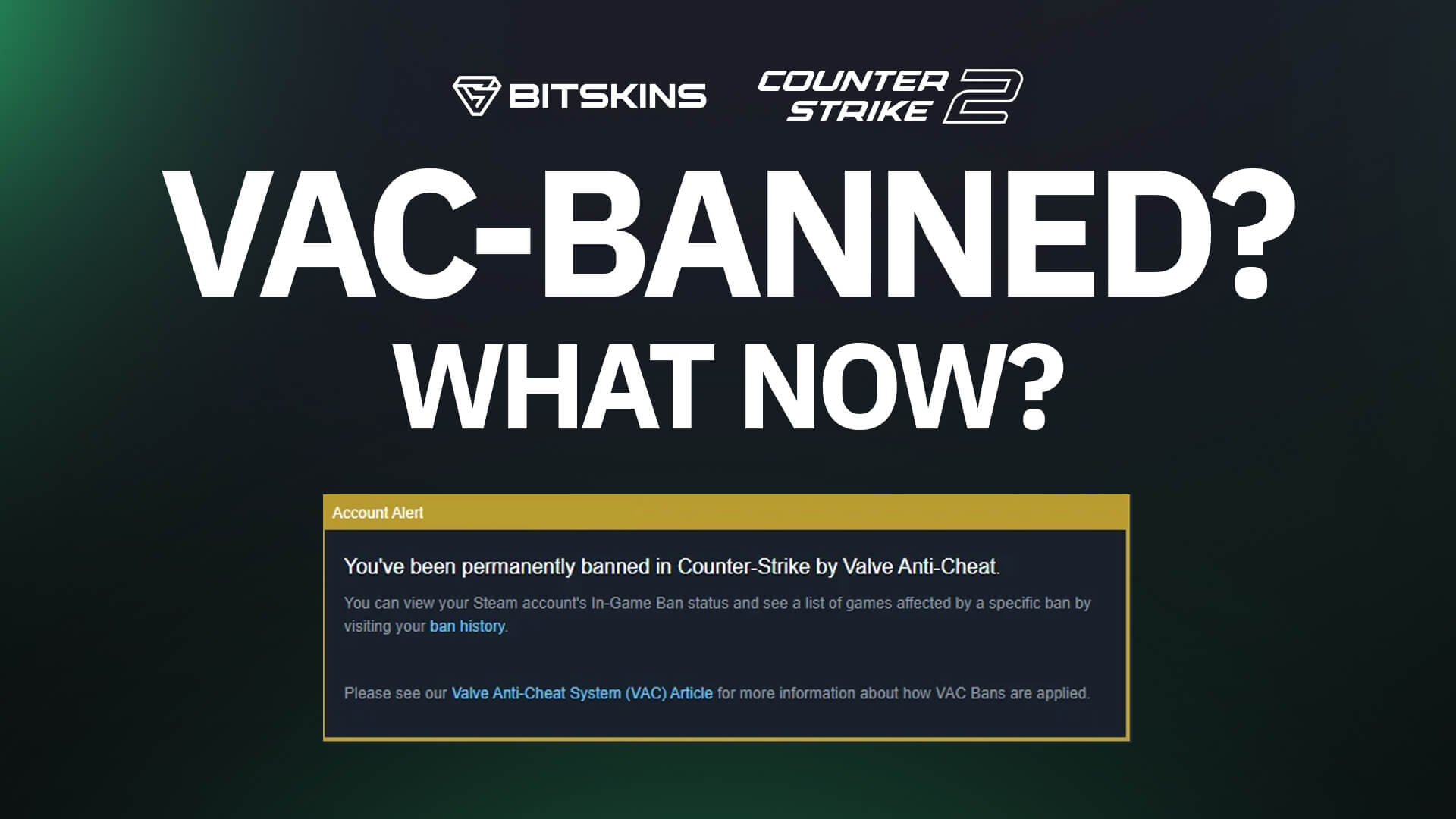Uncovering Secrets: Hookup Detectives
Explore the world of modern relationships and dating with insights from our hookup detectives.
VAC Ban Confessions: Tales from the Other Side
Uncover shocking VAC ban stories and confessions from gamers! Dive into the drama and find out what happens when rules are broken.
Understanding VAC Bans: How They Work and What to Avoid
In the world of online gaming, particularly within the Steam platform, understanding VAC Bans is crucial for any player wanting to maintain a clean account. VAC, or Valve Anti-Cheat, is a system implemented by Valve Corporation to detect cheats and hacks in games like Counter-Strike and Dota 2. When a player is caught using cheats, their account receives a VAC Ban, which prevents them from joining secure servers in any game that employs this anti-cheat system. It’s important to note that these bans are permanent and cannot be appealed or removed, thus making it vital for players to adhere to the rules of fair play.
To avoid falling victim to a VAC Ban, players should refrain from engaging in any activities that can be classified as cheating, such as using third-party software or exploiting game vulnerabilities. Always ensure that your game files are legitimate and up to date, as using mods or pirated copies can also lead to unintended VAC Bans. Additionally, being cautious about the games you play and the groups you play with is essential. Stick to reputable sources for game enhancements and always keep an eye on the community guidelines to ensure a safe gaming experience.

Counter-Strike is a highly popular series of multiplayer first-person shooter games that focuses on team-based gameplay. Players can choose between two teams: Terrorists and Counter-Terrorists, with the primary objective to complete assigned missions or eliminate the opposing team. For those looking to optimize their gaming experience, exploring cs2 launch options can provide various settings to enhance performance and gameplay.
My Experience with VAC Bans: Lessons Learned the Hard Way
My journey with VAC bans began unexpectedly, coinciding with my passion for online gaming. I had always prided myself on playing fair, but the allure of shortcuts and cheats clouded my judgment. One fateful night, I decided to try out some third-party software I had heard about in forums. Little did I know, this choice would lead to a severe punishment from Valve’s Anti-Cheat (VAC) system, and I found myself facing the harsh reality of losing access to my favorite games.
Through this experience, I learned several valuable lessons about integrity and the importance of maintaining a clean gaming record. Firstly, cheating is never worth it; the temporary thrill fades quickly when you consider the long-term consequences. Secondly, I realized the significance of community trust and respect—gaming is not just about winning but about shared experiences. Finally, I encourage fellow gamers to avoid shortcuts and instead embrace the journey of improving through practice and perseverance. From my mistakes, I hope others can learn to navigate the gaming world more wisely.
Common Myths About VAC Bans: Debunking the Misconceptions
When discussing VAC bans, many gamers are often led astray by common myths that can misinform their understanding of the system. One prevalent misconception is that VAC bans are applied arbitrarily or that Valve targets specific individuals. In reality, VAC bans are automatically issued when a player's account is detected using cheats or hacks in supported games. This means the system doesn’t discriminate; it operates without bias based on evidence gathered during gameplay.
Another myth worth debunking is that VAC bans are temporary or can be appealed. In fact, once a VAC ban is applied, it is permanent and cannot be lifted, regardless of the circumstances. Players often think that getting banned due to a false positive can be rectified by contacting Valve's support, but this is not the case. They rely on a robust algorithm to catch cheats, making it essential for players to understand the risks associated with modding or cheating in any form.